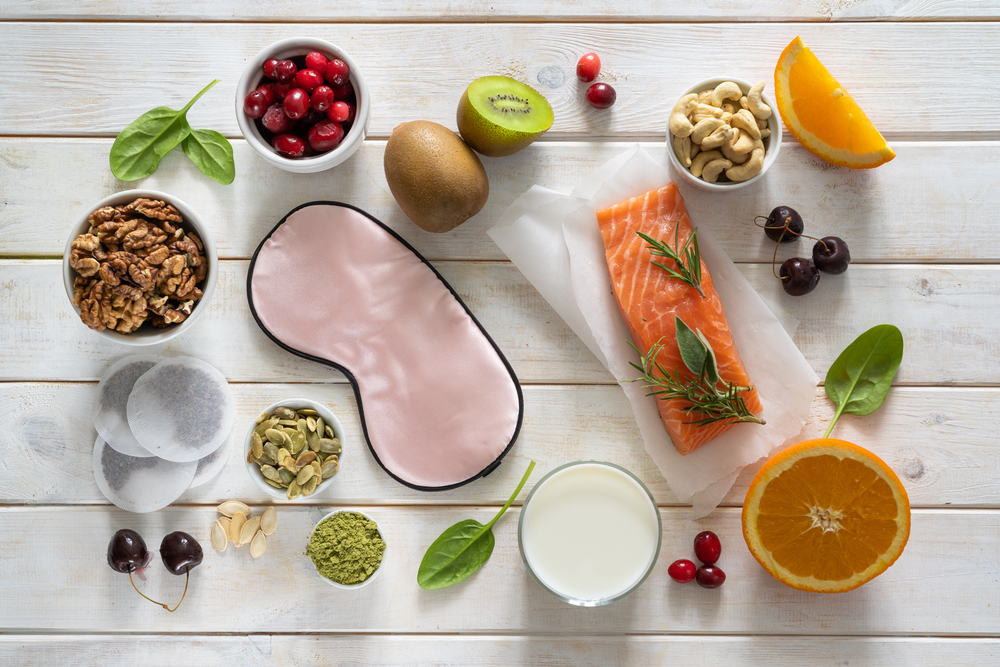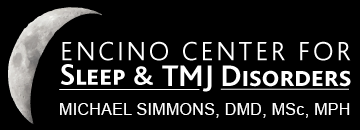
Get Better Sleep With These Diet Changes
If you or someone you love suffers from sleep apnea, you know how frustrating and exhausting it can be. The constant interruptions to your sleep can leave you feeling tired, irritable, and overwhelmed. It’s a condition that can take a toll not just on your physical health, but also on your emotional well-being.
But what if I told you there’s a connection between your diet and sleep apnea? By making some simple dietary changes, you can improve your sleep quality and reduce the symptoms of sleep apnea. So let’s dive in and explore the impact of diet on your sleep, and how you can make dietary changes to ease your sleep apnea.
What is Sleep Apnea?
Sleep apnea is a sleep disorder in which breathing is repeatedly interrupted during sleep. The condition is caused by a blockage or narrowing of the airways, which can occur when the muscles in the throat relax too much. The most common type of sleep apnea is obstructive sleep apnea (OSA), which occurs when the soft tissue at the back of the throat collapses and blocks the airway. Central sleep apnea (CSA) is less common and occurs when the brain fails to signal the muscles to breathe.
Sleep apnea can have a significant impact on your health and quality of life. The most common symptoms of sleep apnea include loud snoring, pauses in breathing during sleep, waking up feeling tired, morning headaches, and irritability. In addition to these symptoms, sleep apnea can also lead to more serious health problems, such as high blood pressure, heart disease, stroke, and diabetes.
The Impact of Diet on Your Sleep
Your diet can have a significant impact on your sleep quality, and making some dietary changes can help alleviate the symptoms of sleep apnea. Here are some ways in which diet can affect your sleep:
Inflammation
Inflammation in the body can also contribute to sleep apnea. Eating a diet high in processed and refined foods can increase inflammation in the body and worsen sleep apnea symptoms.
Acid reflux
Acid reflux is a common problem among people with sleep apnea. The condition occurs when stomach acid flows back into the esophagus, causing heartburn and other symptoms. Eating a diet high in acidic foods, such as citrus fruits, tomatoes, and coffee, can increase your risk of acid reflux and worsen sleep apnea symptoms.
Obesity
Obesity is a significant risk factor for sleep apnea. The excess weight can put pressure on the airways, making it more difficult to breathe during sleep. A diet high in calories, fat, and sugar can contribute to weight gain and increase your risk of obesity.
Nutrient deficiencies
Some nutrients, such as magnesium and vitamin D, are essential for a good night’s sleep. A diet low in these nutrients can contribute to sleep disturbances and worsen sleep apnea symptoms.
Dietary Changes to Ease Your Sleep Apnea
Making some dietary changes can help alleviate the symptoms of sleep apnea and improve your sleep quality. Here are some dietary changes you can make to ease your sleep apnea:
Lose weight: If you’re overweight or obese, losing weight can help alleviate the symptoms of sleep apnea. A healthy diet that’s low in calories, fat, and sugar can help you lose weight and improve your sleep quality.
Eat an anti-inflammatory diet: Eating a diet high in anti-inflammatory foods can help reduce inflammation in the body and alleviate sleep apnea symptoms. Some anti-inflammatory foods include fatty fish, leafy greens, berries, and nuts.
Avoid acidic foods: To reduce the risk of acid reflux and improve your sleep quality, avoid eating acidic foods, such as citrus fruits, tomatoes, and coffee, especially before bedtime.
Eat magnesium-rich foods: Magnesium is essential for a good night’s sleep and can help alleviate the symptoms of sleep apnea. Foods that are high in magnesium include leafy greens, nuts, seeds, and whole grains. You can also consider taking a magnesium supplement, but it’s important to talk to your doctor before starting any new supplement.
Get enough vitamin D: Vitamin D is essential for a good night’s sleep and can help alleviate the symptoms of sleep apnea. Foods that are high in vitamin D include fatty fish, egg yolks, and fortified foods like milk and cereal. You can also get vitamin D from sunlight exposure, but it’s important to talk to your doctor before increasing your sun exposure.
Limit alcohol and caffeine: Alcohol and caffeine can interfere with your sleep quality and worsen sleep apnea symptoms. Limit your intake of these substances, especially before bedtime.
Eat smaller meals: Eating large meals before bedtime can increase the risk of acid reflux and worsen sleep apnea symptoms. To reduce the risk of acid reflux, eat smaller meals and avoid eating within a few hours of bedtime.
Take Action Against Sleep Apnea
If you or a loved one suffers from sleep apnea, don’t let it continue to disrupt your sleep and affect your overall health and well-being. Consider making some dietary changes to ease your symptoms and improve your quality of life. Talk to Dr. Simmons about incorporating anti-inflammatory foods, avoiding acidic foods, and increasing your intake of magnesium and vitamin D. By taking action now, you can start getting the restful sleep you deserve and live your life to the fullest.
